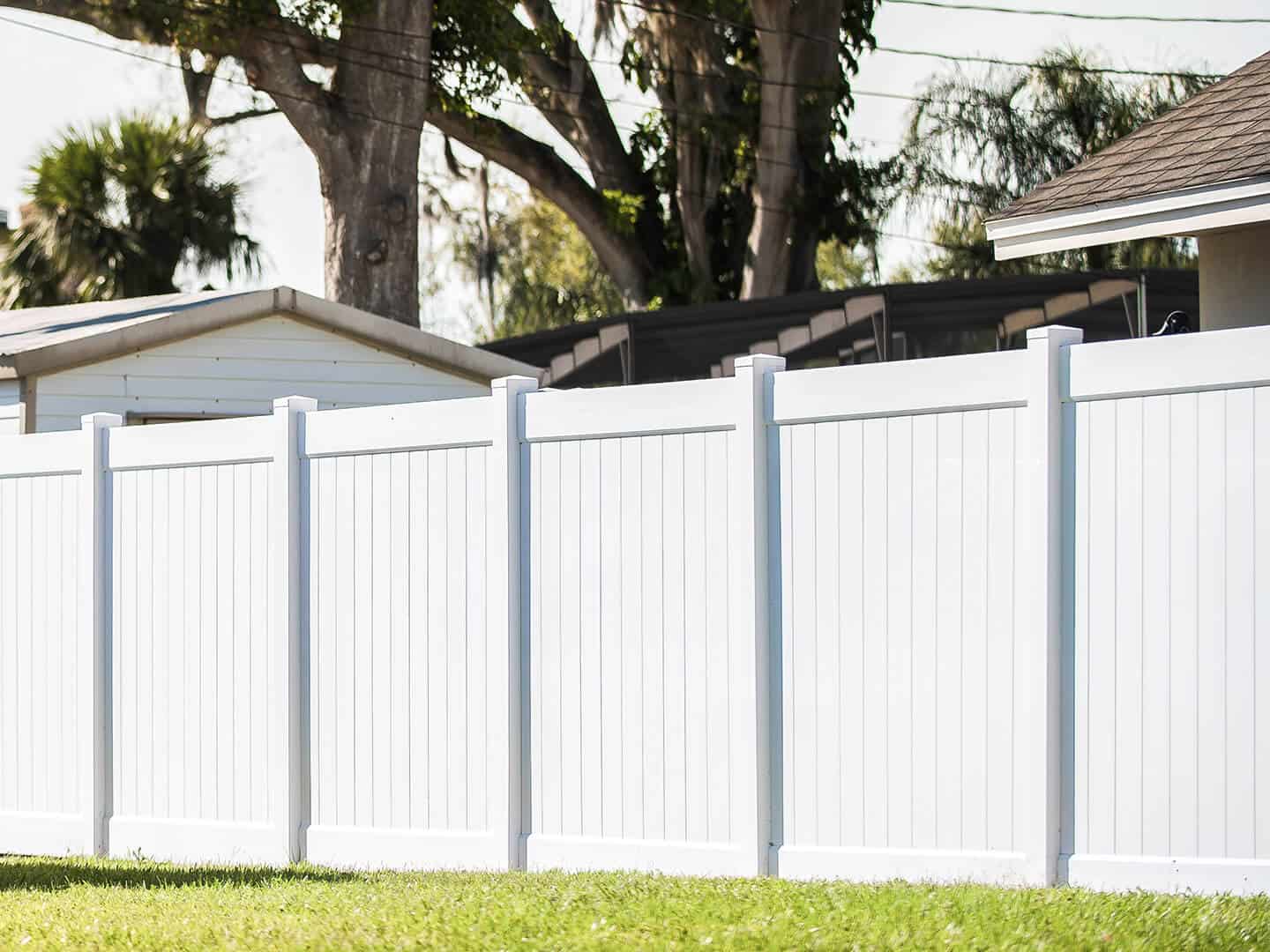Who is burdened with taking care of rooftop solar at home?

Kathryn Lucas-Healey, Australian National College Alice Wendy Russell, Australian Nationwide University Hedda Ransan-Cooper, Australian Countrywide College, and Hugo Temby, Australian Countrywide College
Rooftop solar panels and tiny batteries are driving Australia’s speedy change towards renewable electricity. Some 30% of detached homes on Australia’s nationwide grid have these programs put in. By 2050, this proportion could reach 65%.
This usually means obligation for keeping our electricity provide is shifting from expert, properly-paid ability station engineers to homeowners. In essence, treatment for our electricity process is turning out to be housework.
Our new study has identified rooftop solar routine maintenance, as with other forms of housework, has the possible to become an equity challenge. And the burden of this unrecognised function is set to worsen as the electricity changeover accelerates.
If our electricity program relies on invisible treatment, we should acknowledge who the burden is falling on and no matter whether we’re developing new inequalities.
Rooftop solar maintenance as housework
The things we do to keep our worlds – be it ourselves, some others, the natural environment or almost everything else — can collectively be believed of as treatment. Traditionally, the load of treatment has largely fallen on ladies and marginalised communities. When society does not benefit their care operate, inequality is exacerbated.
Housework is a type of treatment, and it tends to be invisible, unpaid and carried out only by all those who notice it needs executing. In lots of instances, this indicates gals. What does it suggest in the situation of family vitality technologies?
When a householder decides to install technologies these types of as rooftop photo voltaic, they should ascertain what dimensions and type of process will meet up with their wants and to investigate merchandise and installers.
The moment the procedure is put in, they then need to examine it’s performing as meant and recognise when routine maintenance is necessary. When something goes improper, they require to abide by up with the appropriate organisation to resolve it.
We simply cannot yet declare exactly who the burden of rooftop photo voltaic and battery treatment is slipping to – additional investigation is required on this. But our modern study observed the switching nature of house vitality has the probable to reproduce existing kinds of inequality across gender, cultural teams and generations.
What we identified
We held interviews and aim teams with 55 Australian house owners from metropolitan and rural spots who obtained electricity technologies, as very well as 18 persons from installer firms and local community electricity groups.
We identified they envisage a extra caring vitality method – a person that prioritises earning certain every person can pay back their payments and facilitates sharing, rather than 1 that benefits individuals with the most sources and know-how.
We explained the distinctive styles of treatment driving the power changeover, and identified illustrations of neighborhood teams and companies likely earlier mentioned and further than to offer guidance.
For instance, some installers we spoke with took time to assist house owners fully grasp what form and dimensions system greatest suited them. Some others done operate for absolutely free to enable somebody out, such as just one installer who informed us:
We get buyers appropriate now mainly because the enterprise that put in it won’t occur out and assist them. That’s essentially something we do advertise as effectively, is that if you are not our client, we’ll assist you. A whole lot of that is volunteer function.
But according to other investigation members, some installers are only intrigued in earning the sale, leaving neglected paperwork, missing components, or programs that just never operate. Sometimes the householder is unaware their system is not functioning as supposed.
One woman, a incapacity pensioner, experienced been sold an expensive photo voltaic and battery system that did not do the job. As she sought electricians to repair it, she lamented they have been:
so male-dominated that they don’t want you looking above their shoulder […] they are not prepared to clarify matters either.
This example highlighted issues in establishing rapport between installers and homeowners of various genders, ages or cultural backgrounds, a obtaining shared by other scientists.
Study from 2017 uncovered systems can be misused or ignored when optimistic assumptions are made about their person-friendliness. Other research from the United Kingdom confirmed developers of household technologies not often entail buyers in the structure method, and tend to layout for an idealised masculine consumer.
These diverse dynamics compound to the level where by our electrical power procedure is developed to profit all those who understand its complexity and are in a position to acquire advantage.
A caring vision for our electricity potential
We also found our investigation individuals wanted their caring visions for the long run far better represented in federal government policies.
For lots of, putting in strength technology was about accomplishing the ideal issue for the planet, rather than to decreased their energy costs or turn out to be self-ample in strength. But they advised us how suggestions based in treatment are not often taken critically by business and govt.
Government incentive schemes that assistance people find the money for solar and batteries are essential and effective. But they also give increase to opportunistic product sales strategies and pitfalls for house owners.
Incentive courses need to have to location higher expectations on installers and expel operators with bad track records. A lot more assertive regulation is desired that goes over and above straightforward purchaser protections and puts much less of an onus on householders to navigate their way by itself. Governments can also assist neighborhood teams that support in this undertaking.
Policies should really also accommodate caring, local community-focused homeowners who aren’t just putting in rooftop solar to gain on their own. It might contain allowing totally free or minimal-cost strength sharing at the area scale to help out neighbours and avoid spilling excessive solar to the broader grid.
If we really don’t recognise and act on generating a caring electrical power process, we could be still left with one that’s partially crafted, unfair and rewards a race to the bottom.![]()
Kathryn Lucas-Healey, Investigate Fellow, Battery Storage and Grid Integration System, Australian National College Alice Wendy Russell, Study fellow, Battery Storage and Grid Integration Application, Australian National College Hedda Ransan-Cooper, Study Fellow, Faculty of Engineering and Computer system Science, Australian Nationwide University, and Hugo Temby, Doctoral Researcher, Battery Storage and Grid Integration Program, Australian National College
This short article is republished from The Discussion underneath a Resourceful Commons license. Read through the authentic write-up.








